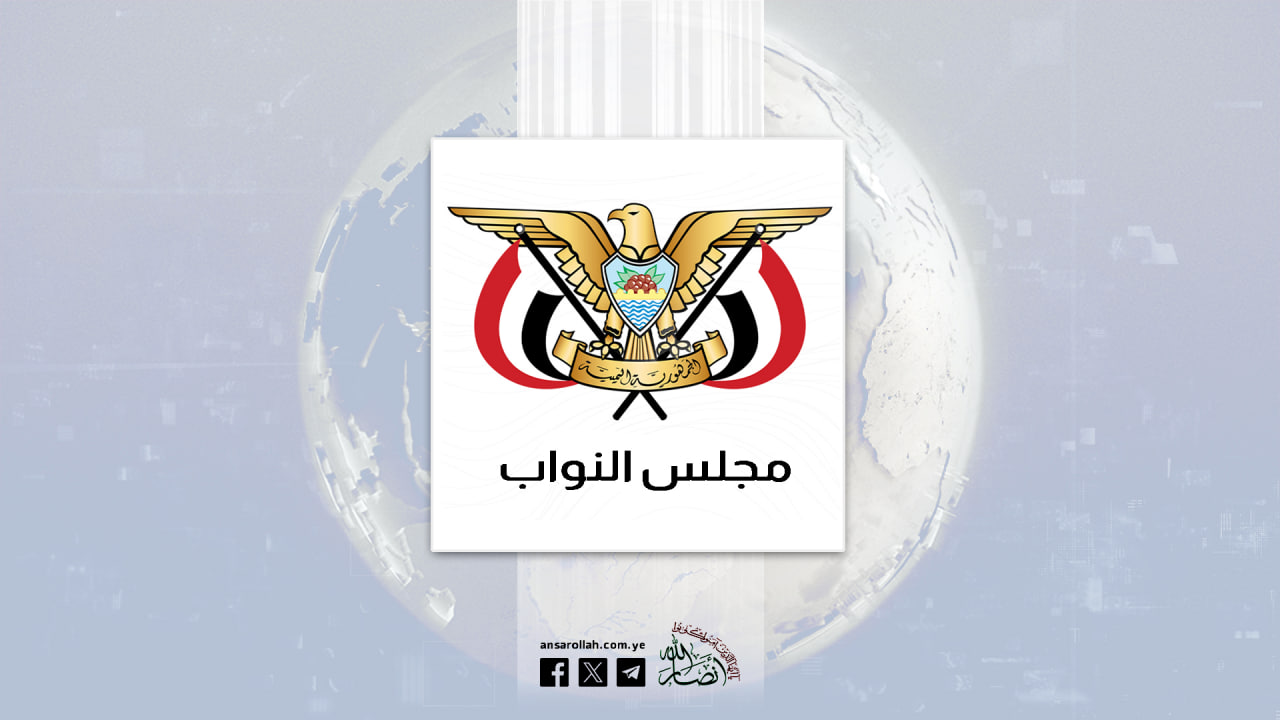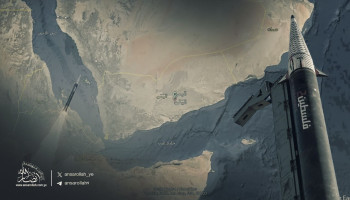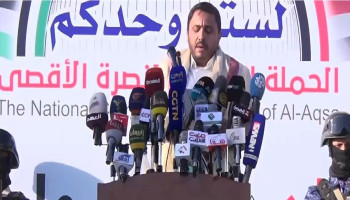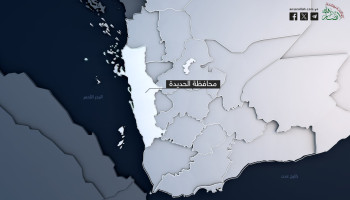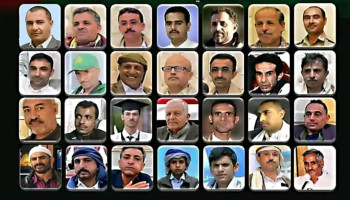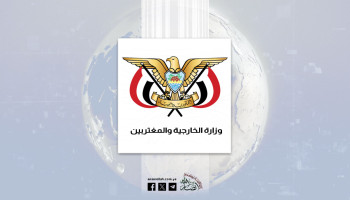The Yemeni Parliament strongly condemned Rashad Al-Alimi—appointed by the Saudi-led coalition as head of the so-called “Council of Eight”—for the disgraceful defense of the Israeli enemy and his attempt to distort Yemen’s honorable position in support of the Palestinian people.
In a statement, the Parliament said Al-Alimi used the Arab Summit in Doha to defend the Israeli entity “in shameful positions that contradict the aspirations of the Yemeni people and the wider Arab and Islamic nation.”
It stressed that Al-Alimi’s remarks targeted Yemen’s proud stance, particularly its role in backing Gaza and confronting Israeli-American aggression in the Red Sea.
The Parliament further declared that Al-Alimi “represents only himself with his shameful position,” while Yemen, under its “courageous leadership,” continues to stand firmly with Gaza in ways admired by “all free people of the world.”
The statement also criticized Al-Alimi’s silence on the continued targeting of journalists and media institutions in both Yemen and Palestine, pointing to the recent Israeli strike on the offices of 26 September and Al-Yemen newspapers in Sana’a.
It described such attacks as war crimes designed to suppress the truth and conceal ongoing atrocities against civilians.
The Parliament called on international organizations and journalist unions worldwide to condemn Israel’s systematic targeting of media professionals in Yemen and Gaza, and it held the United States and other backers of the Israeli enemy fully responsible for these crimes.
The statement concluded by urging international legal bodies to pursue Israeli officials in courts of law and ensure accountability for the “continuous war crimes.”
Al-Alimi’s controversial remarks at the Doha Arab Summit have sparked outrage among Yemeni political circles. While the summit was expected to showcase a unified Arab position in support of Gaza amid the ongoing Israeli offensive, Al-Alimi’s intervention was perceived as an attempt to shield the Israeli enemy and undermine Yemen’s military and political role in defending Palestine.
For Yemen’s leadership in Sana’a, Al-Alimi’s position in Doha is seen as not only politically isolated but also damaging to Arab unity at a critical moment, when regional populations are demanding accountability and stronger action against the Israeli enemy.

